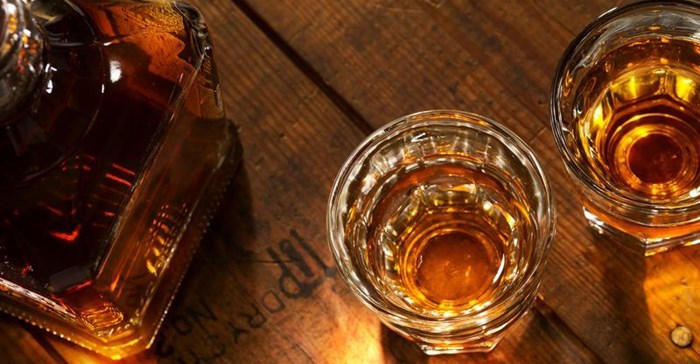
Top stories




Marketing & MediaAds are coming to AI. Does that really have to be such a bad thing?
Ilayaraja Subramanian 22 hours


More news
















The organisation is further requesting that should the government decide to extend the current alcohol sales ban beyond the initial 14 days, which expires on 11 July, the deferment will be applicable for the whole period until the ban is lifted.
Salba chairperson Sibani Mngadi said the government’s nationwide ban on the sale of alcohol has far-reaching repercussions for the economy.
"The industry estimates that it will lose retail sales revenue of R6,1bn as a direct result of the current two-week ban (equivalent to 4.1% of projected sales values for 2021), and the potential direct loss in GDP is estimated to be R3,8bn (equivalent to 0.1% of national GDP at market prices for 2020).
"Government will lose an estimated R3,6bn in direct tax revenue (excluding excise tax) for the two weeks (equivalent to 0.3% of national tax revenue, excluding excise taxes, for 2020), and the potential direct excise tax income lost is estimated to be R1,5bn (equivalent to 2.7% of excise revenue in 2021),” said Mngadi.
He explained that alcohol excise tax is imposed at the point of production, which means that the industry has a liability to pay excise tax on end products that are in warehouses and cannot be sold due to the prohibition of sales, with immediate effect announced last Sunday.
“One of the few survival options to avoid short-term liquidity challenge is to hold back on accounts payable of which monthly excise tax payments to Sars are a big chunk. We hope Sars will be understanding and grant us deferment of excise tax payable for the whole duration of the ban,” said Mngadi.
Salba stated that the industry and its entire value chain are facing an enormous financial crisis, and its capacity to make these payments is severely constrained. Current market conditions have also made it difficult for members to secure short-term funding.
The association said that the sustainability of the sector, now and in the post-Covid-19 era, is dependent on this deferment if further job losses are to be avoided.
"The current 14-day ban puts an estimated 4,604 jobs at risk (equivalent to 0.03% of the national total formal and informal employment for 2020), bringing the total jobs at risk for all bans to date to 233,547 jobs (equivalent to 1.49% of the national total for formal and informal employment for 2020)," said Salba.
Currently, the alcohol supports more than 35,000 township-based businesses (such as taverns), more than 10,000 off-site consumption retailers, and more than 22,500 labour-intensive firms (such as restaurants, hotels, wine estates).
“With no economic measures having been put in place to mitigate the devastating impact lockdown will have on the livelihoods, the hospitality, tourism and alcohol industries will continue to bear the brunt of the cycle of lockdowns and alcohol bans which looks likely to continue until we have sufficient numbers of the population vaccinated. The industry has appealed to the government to enter into discussions on reasonable and viable alternatives,” Mngadi added.